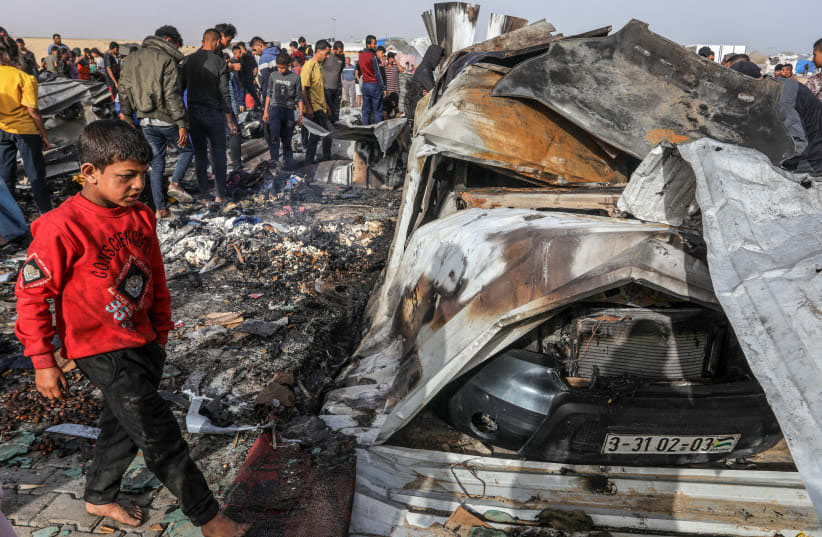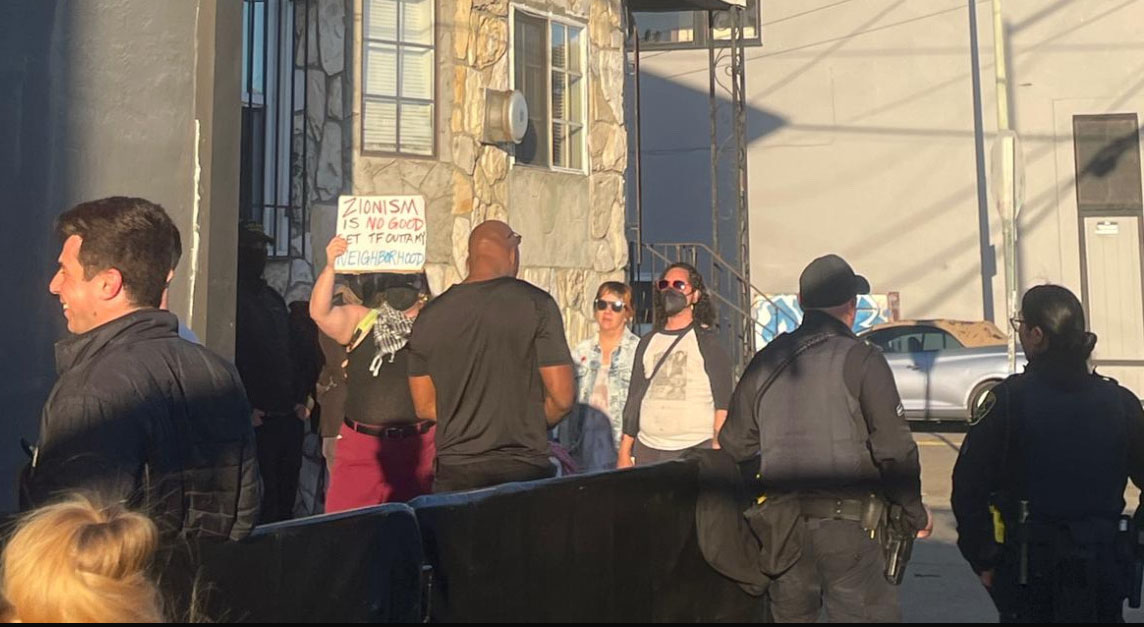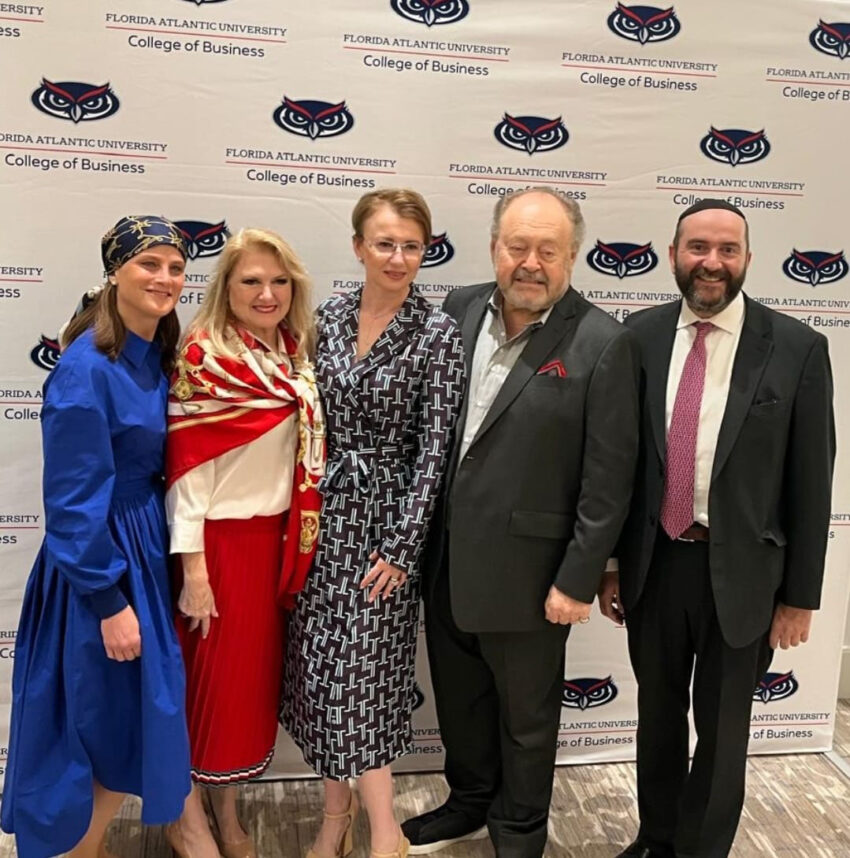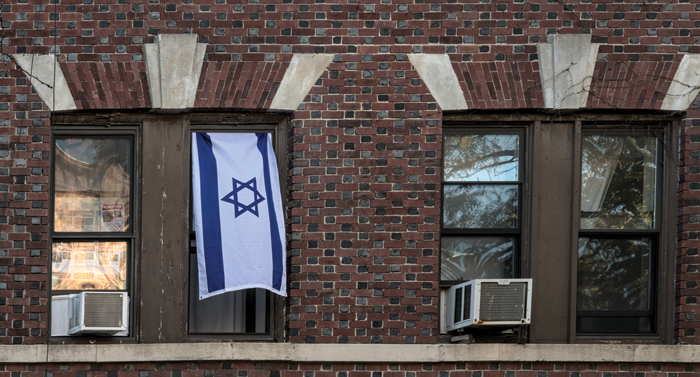In the late 1990s, Ecstasy was the favorite drug of the party crowd, and the Israeli mafia wasted little time staking its claim. Using strippers, elderly folks and Charedi teens as drug-running mules, a handful of Israeli ex-pats operated across Europe and the United States, and made a killing in the Ecstasy business.
Lisa Sweetingham, a former senior staff writer for CourtTV.com, details this industry and the investigators who brought it down in her first book, “Chemical Cowboys,” published in February by Ballantine Books.
Jewish Journal: What turned you on to this story?
Lisa Sweetingham: Back in 1999, there was a story in The New York Times that caught my interest. It was about these young, ultra-Orthodox teenagers getting caught at JFK Airport with Ecstasy pills wrapped up in socks in their suitcases. It was one after another.
JJ: What was their role?
LS: There was a guy named Oded Tuito, the Fat Man. He was the kingpin. He would never have used Charedi, but there was a rogue dealer who worked for him for a while and then broke off and decided he wanted to make money. He moved to Amsterdam and set up his own network. He was smart and clever, and decided to go for broke. Sean Erez was his name. Sean Erez thought it would be really smart to use these ultra-Orthodox youth, because nobody would actually suspect these really pious-looking teenagers. Some of them really didn’t know what they were doing. They got a free trip to Europe and maybe $1,500 in cash and were told to take these suitcases back. I think most of them knew something was off, but Sean would tell them they were smuggling diamonds to the Holy Land.
JJ: How did drugs get from Israel to the streets of Los Angeles or a rave in Barstow or wherever?
LS: The drugs weren’t made in Israel; instead, they left it up to the Dutch chemists. There were these giant underground labs where the chemists would make the pills. An Israeli financier would put in $1 million, maybe a couple million. His point man in the Netherlands would walk into a bar and say I need 500,000 pills, and maybe he’d pay $1 a pill. Then those pills would be sold to another distributor for $5 or $6 per pill. Right there, you’ve already made $2.5 million. Then that person would have either Midwestern-looking folks who they hired to mule the pills over, or sometimes they used strippers — that was really popular — or sometimes they’d put them in container ships and hide them inside auto machinery or a shipment of Dutch tulips. And then you’d have the point man in the party triangle — New York, Miami and Los Angeles — and they would then sell those pills, which were now up to $6, for $13 a piece to their distributors, who could sell them for $20 to $50 in the nightclubs. Everybody takes a cut along the way. But you start out with a pill that costs about 25 cents to make and fetches up to $50.
JJ: ‘Chemical Cowboys’ opens with a hit in the San Fernando Valley. This was a turning point for the Ecstasy trade.
LS: Up until that point, law enforcement in America considered Ecstasy kiddie dope. Nobody was following it. Nobody cared about it. Then when they found a dead body in the trunk of a Lexus in Brentwood and it was linked back to Ecstasy dealers, they began to see that these were real bad guys.
JJ: Just how did the Israeli mafia come to dominate the trafficking?
LS: The yordim in America, who were involved in organized crime, had been pushing marijuana, cocaine, heroin, but they could never make the high-level profits that you could when you were at ground zero for production. That was all tied up with the Colombian and Mexican cartels, and you can’t muscle in on them. They saw that they could get in on the ground level on Ecstasy, that nobody was paying attention in law enforcement and that the demand outpaced the supply, so there was plenty of business for everybody to take a piece.
JJ: But a collaboration of American and Israeli police broke this ring, right?
LS: Without it, American law enforcement would have never been able to take down the Ecstasy trade. In fact, it’s become a model.
JJ: And what was the L.A. connection in all this?
LS: There were a lot of expats living in Encino, the Sherman Oaks area. These guys were essentially living really normal lives. Oded Tuito, here’s a guy who was on the president’s kingpin list, and for a while he was living in a cute little house in Woodland Hills. He was really a family man, but he also was commanding a multimillion-dollar Ecstasy business.
JJ: Eventually they caught up with him.
LS: Yeah. But if not for the help of Israeli police and Spanish police, he would have never been caught.
JJ: What has happened since to the love drug?
LS: Israeli organized crime has abandoned the trade. There is a case pending now: Itzhak Abergil is in Israeli custody now. It looks like he’ll be extradited before the end of the year to Los Angeles, where he faces federal charges on Ecstasy trafficking and murder. Most of the mafia bosses in Israel, I don’t see them getting involved with Ecstasy again. It’s too risky; there were too many high-profile arrests.
Sweetingham will read from and sign copies of her book, “Chemical Cowboys,” on April 14 at 7:30 p.m. at Village Books, 1049 Swarthmore Ave., Pacific Palisades.






















 More news and opinions than at a Shabbat dinner, right in your inbox.
More news and opinions than at a Shabbat dinner, right in your inbox.